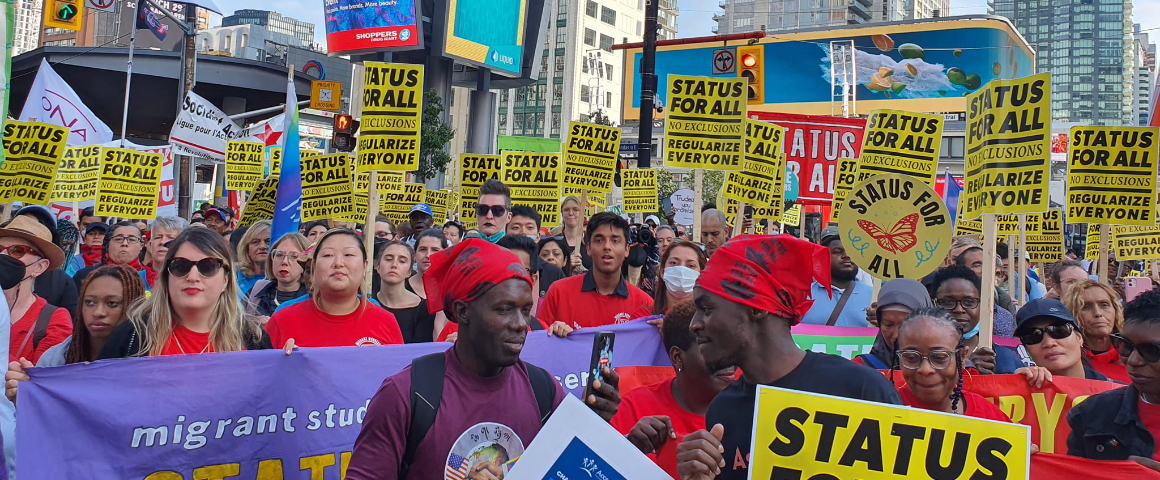Researchers for the United Food & Commercial Workers (UFCW) have compiled a long list of evidence that Walmart, the world’s biggest retailer, engages in what can only be described as sexist workplace practices.
Recently, news reports focused on Walmart’s sidelining of Marybeth Hays, the company’s executive vice president of “consumables and health and wellness”, and her subsequent exit from the company. But Walmart’s anti-women track record is well-documented, from high-profile female executives, to store “Associates”, to female supply-chain workers overseas and even some female shoppers.
A UFCW message on this topic, mainly based on US studies, stresses that “Walmart’s culture does not lend itself to a gender-diverse infrastructure.”
As of 2017, women make up 55% of hourly associates, but only 43% are managers and 30% are officers, down 1% from 2016 for both hourly associates and officers. As of 2018, less than 30% of Walmart’s senior executives are women.
Walmart’s female-unfriendly workplace policies include insufficient sick day policies, and providing irregular work schedules and insufficient access to health insurance for part-time workers.
After surveying more than 1,000 employees, including women and mothers, A Better Balance (ABB) released a 2017 report alleging that Walmart is violating Family Medical Leave Act (FMLA) and Americans with Disabilities Act (ADA) protections by routinely: disciplining employees for taking time off to care for themselves or their families, disciplining workers for disability-related absences, and refusing to accept doctors’ notes.
In 2015, Walmart blocked a shareholder vote that would have required the company to disclose how many men and women were in each pay grade.
In 2017, a shareholder proposal that would have required Walmart to prepare a report “…on the Company’s policies and goals to reduce the gender pay gap” was also blocked by Walmart and subsequently withdrawn from consideration.
Under Walmart CEO Doug McMillon’s leadership, numerous human rights violations have been reported against workers, many of whom are women, in overseas factories that supply Walmart products. According to a May 2016 report released by the Asia Floor Wage Alliance, supply chain workers in Bangladesh, Cambodia, India, and Indonesia are reporting sexual harassment, unsafe working conditions, low wages, denial of benefits, and forced overtime that has resulted in “mass fainting episodes resulting from over exertion, exacerbated by inadequate nutrition.”
Even some women of color shoppers have faced unnecessary treatment from Walmart when attempting to purchase personal care products: a California woman filed a lawsuit this year against Walmart, alleging the company violated her civil rights by keeping African-American personal care products locked up in a glass anti-theft case.




